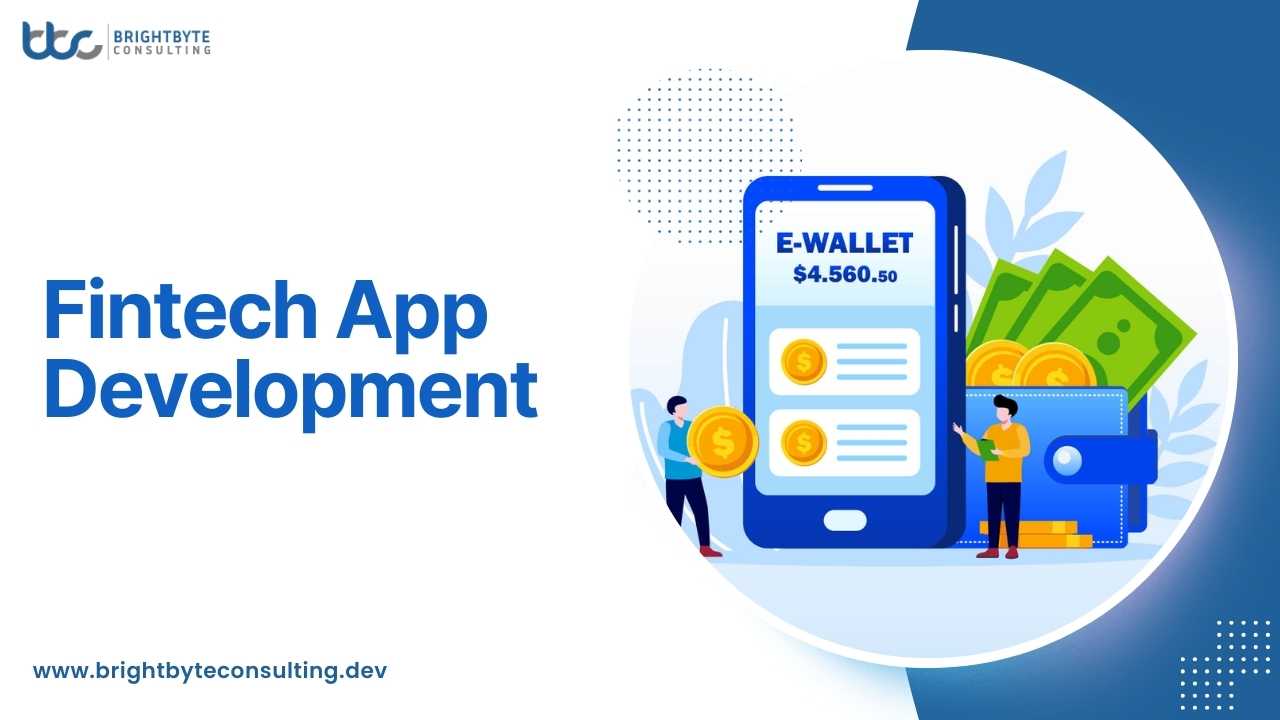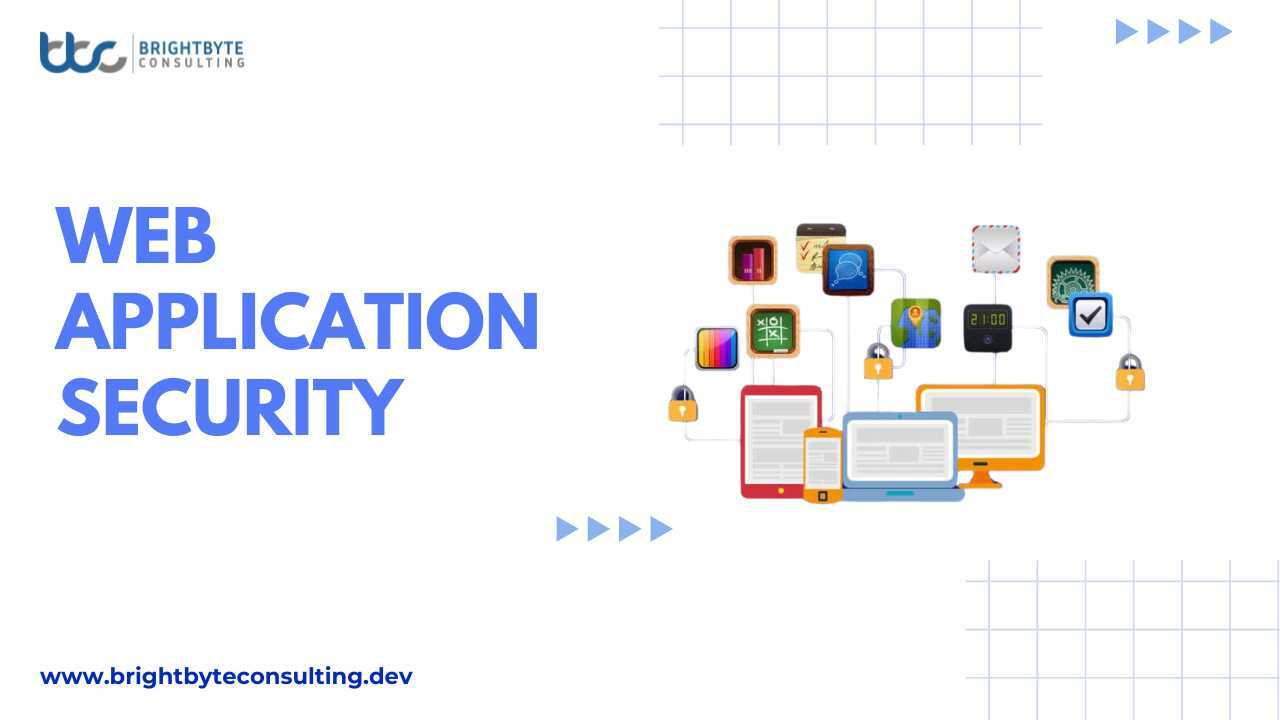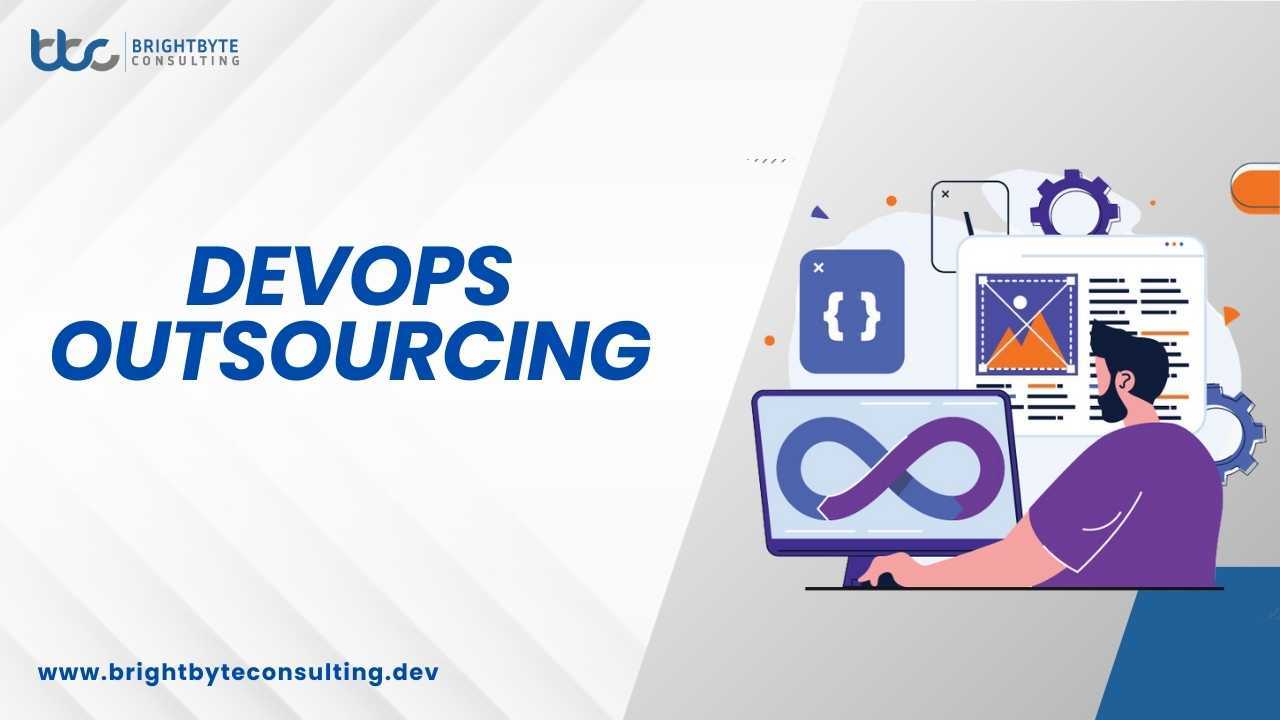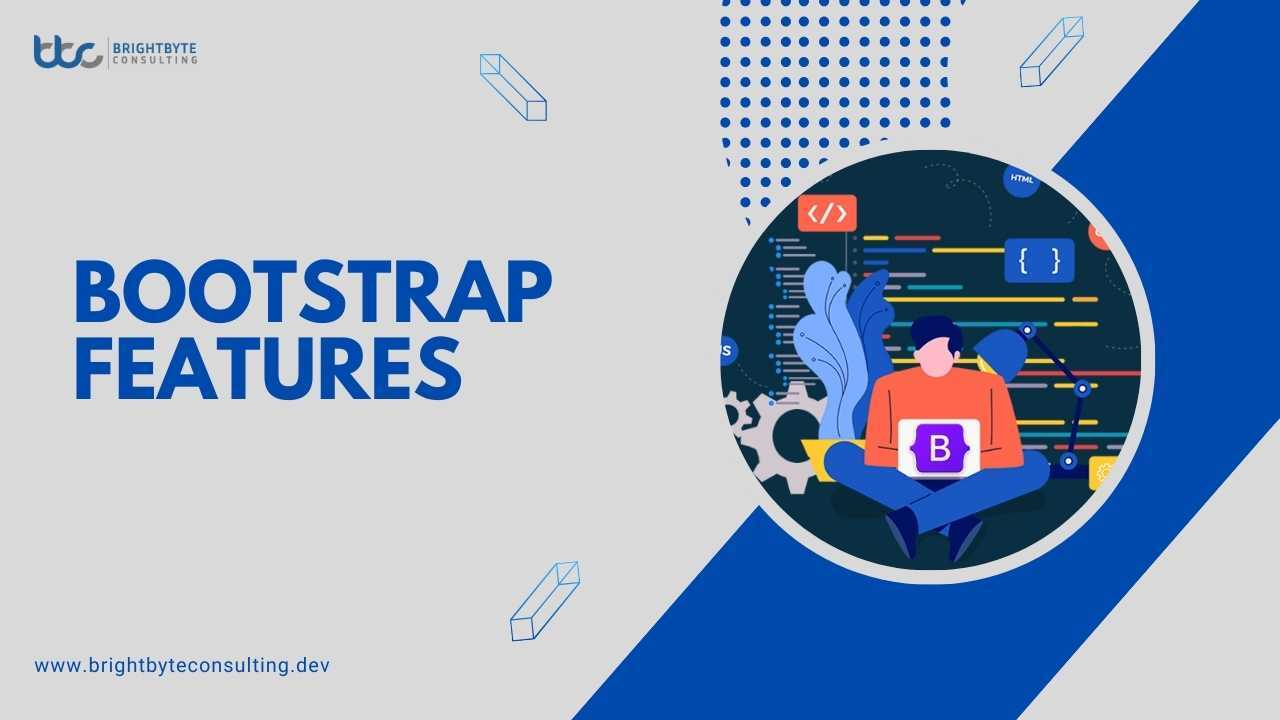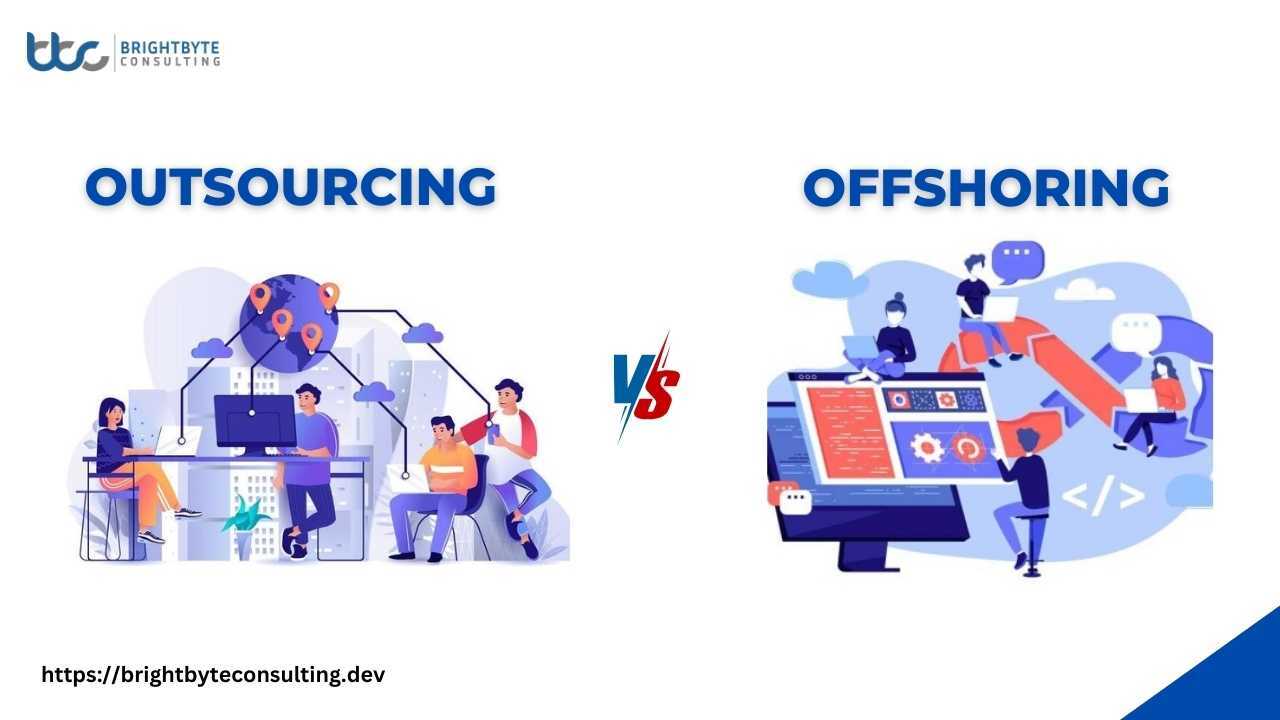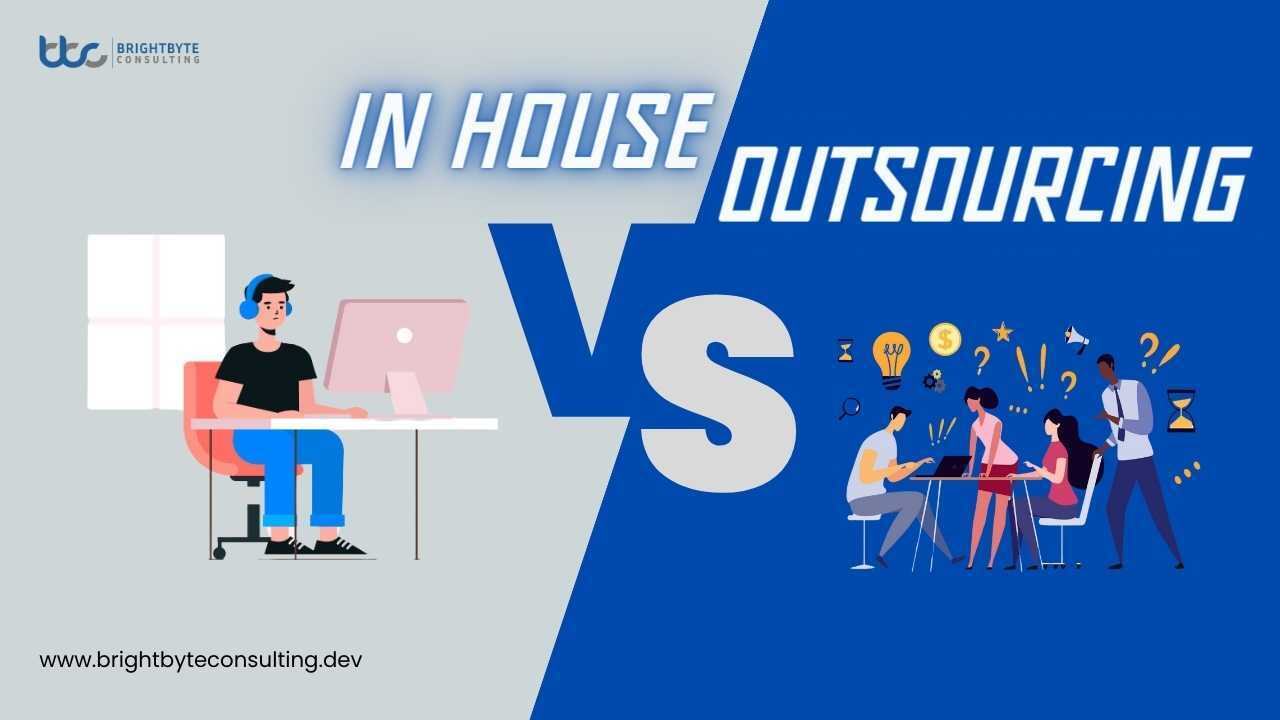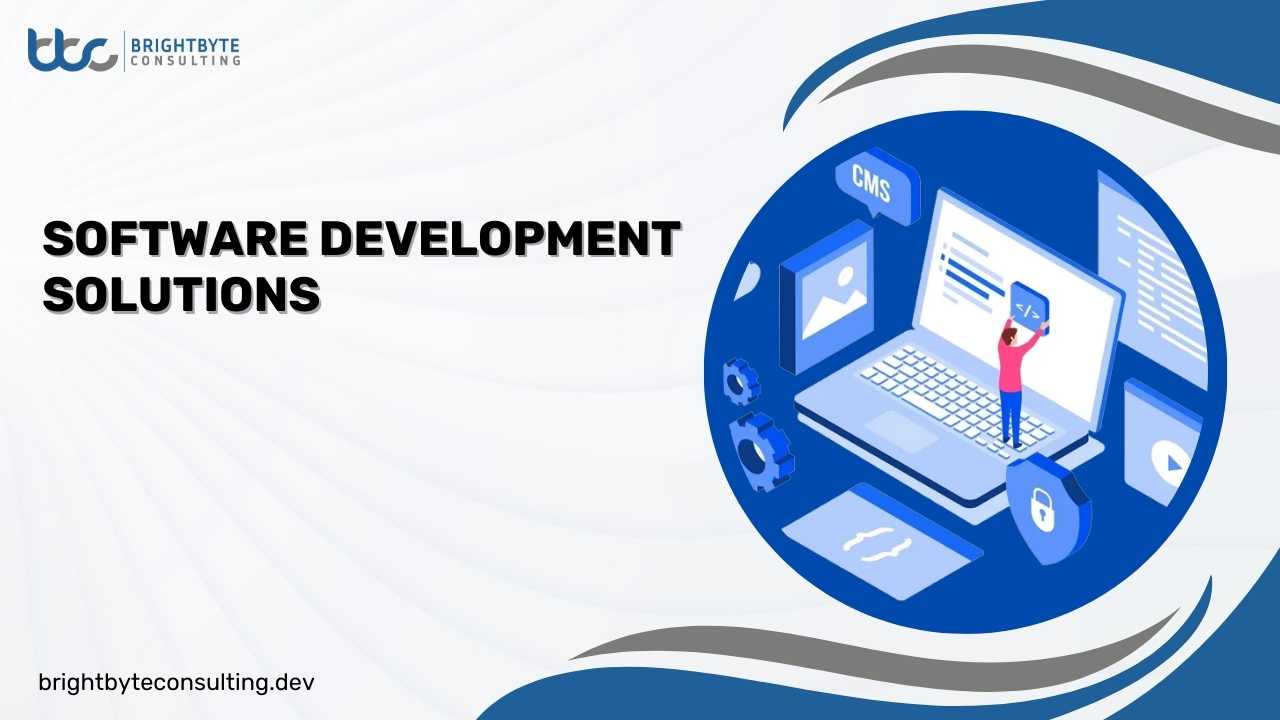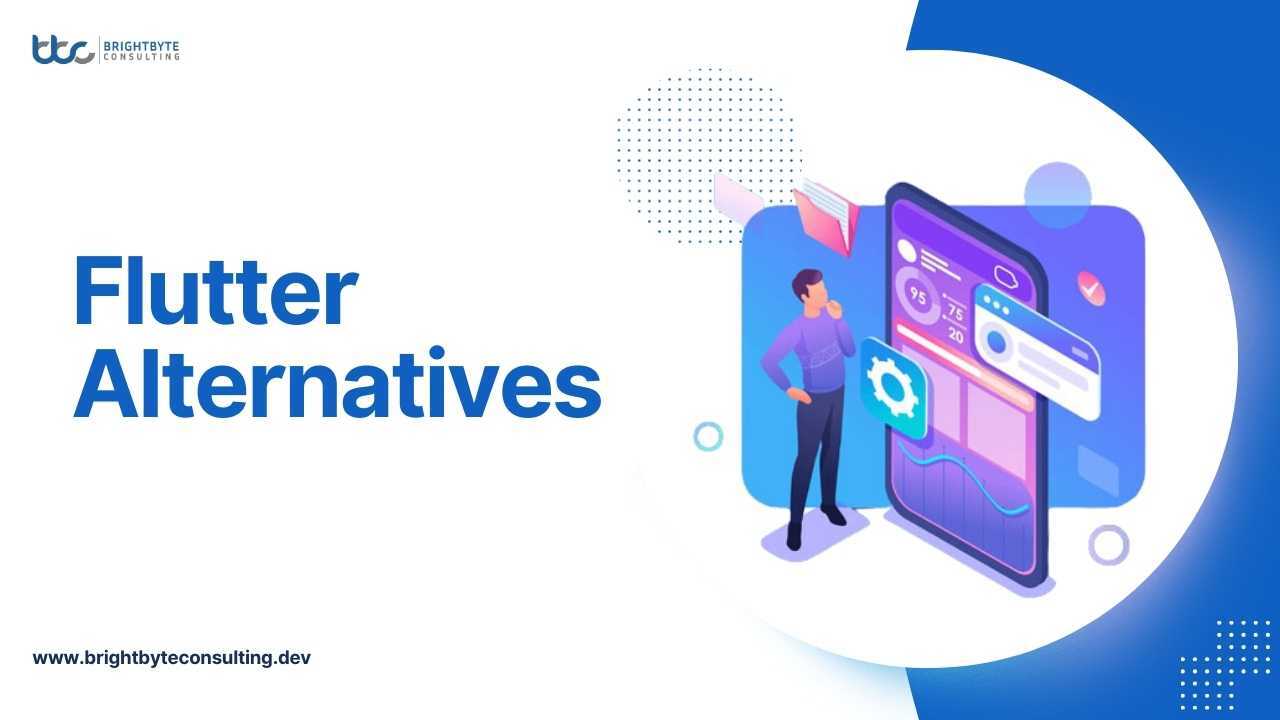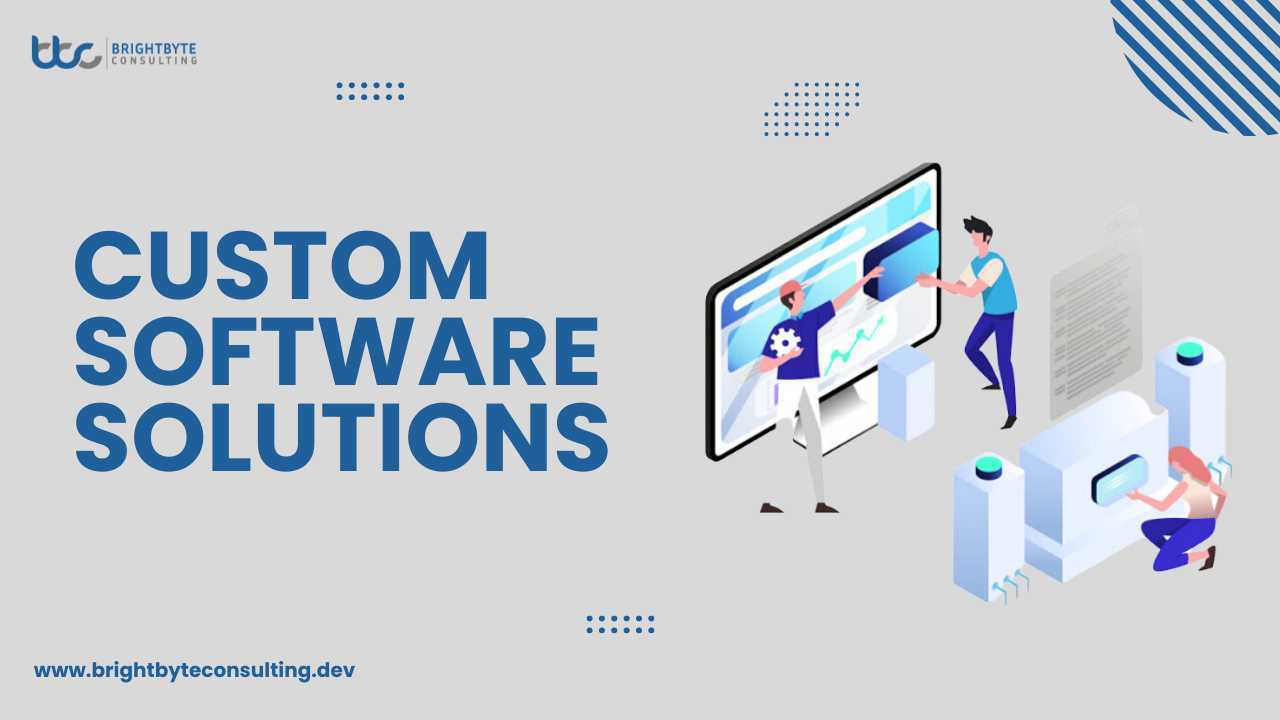In the rapidly evolving digital age, Fintech app development stands at the forefront of reshaping the financial landscape. Offering unprecedented convenience, accessibility, and innovation. From mobile banking to investment platforms, FinTech apps have revolutionized the way individuals and businesses manage their finances. In this comprehensive guide, we delve into the progression of FinTech app development, exploring its evolution, impact, challenges, and future trends.
Evolution of FinTech Apps Development
Evolution of Fintech apps development is of great importance.
The Rise of FinTech
Since the early 2000s, the rise of FinTech has been marked by a shift from traditional banking to digital innovation. Smartphones and the internet enabled FinTech startups to disrupt finance with innovative solutions and services.
From Traditional Banking to Digital Innovation
Traditional banking methods were characterized by brick-and-mortar branches and manual processes. However, the emergence of FinTech introduced digital banking, enabling customers to perform transactions online, anytime, anywhere.
Early Pioneers and Innovations in FinTech
Early pioneers in FinTech, such as PayPal and Square, introduced innovative payment solutions that challenged traditional banking systems. These companies paved the way for further innovations in mobile payments, peer-to-peer lending, and digital wallets.
Key Milestones in the Evolution of FinTech Apps
Key milestones in the evolution of FinTech apps include the launch of mobile banking apps. By traditional banks, the emergence of robo-advisors for automated investment management, and the rise of cryptocurrency exchanges for decentralized finance (DeFi).
Exploring the Impact of FinTech Apps Development
Convenience and Accessibility: Redefining Financial Services
FinTech apps have redefined financial services by offering unparalleled convenience and accessibility to users. With mobile banking apps, customers can perform a wide range of transactions, from checking account balances to transferring funds, with just a few taps on their smartphones.
Seamless Banking: Anytime, Anywhere Access
Gone are the days of waiting in long queues at bank branches. FinTech apps provide seamless banking experiences, allowing users to access their accounts, pay bills, and make transactions from the comfort of their homes or on the go.
Personal Finance Management: Empowering Users
FinTech apps empower users to take control of their finances by providing tools for budgeting, expense tracking, and goal setting. With features like spending insights and personalized recommendations, users can make informed financial decisions and achieve their financial goals.
Investment Opportunities: Democratizing Finance
Investment platforms offered by FinTech apps democratize finance by providing access to a wide range of investment opportunities, from stocks and bonds to cryptocurrencies and alternative assets. With low fees and minimum investment requirements, these platforms enable individuals to build diversified investment portfolios and grow their wealth.
Small Business Solutions: Streamlining Operations
For small businesses, FinTech apps offer solutions for streamlining operations, managing finances, and facilitating payments. From invoicing and payroll management to inventory tracking and cash flow analysis, these apps help businesses optimize their processes and improve efficiency.
Embracing Innovation in FinTech App Development
You can embrace innovation in FinTech App development by:
Emerging Trends in FinTech App Development
As technology continues to advance, FinTech app developers are embracing emerging trends to enhance user experiences, improve security, and drive innovation in the financial industry.
AI and Machine Learning: Personalized Financial Insights
Artificial intelligence (AI) and machine learning (ML) algorithms are being used in FinTech apps to provide personalized financial insights and recommendations to users. By analyzing user behavior and transaction data, these algorithms can identify spending patterns, detect anomalies, and offer tailored advice to help users manage their finances more effectively.
Blockchain Technology: Secure and Transparent Transactions
Blockchain technology is revolutionizing financial transactions by providing secure, transparent, and immutable records of transactions. FinTech apps are leveraging blockchain to facilitate peer-to-peer transactions, cross-border payments, and digital asset exchanges, while ensuring trust and security.
Biometric Authentication: Enhancing Security and User Experience
Biometric authentication methods, such as fingerprint and facial recognition, are becoming increasingly popular in FinTech apps for enhancing security and user experience. By replacing traditional passwords and PINs, biometric authentication provides a more secure and convenient way for users to access their accounts and authorize transactions.
Robo-Advisors: Automated Investment Strategies
Robo-advisors are algorithm-based investment platforms that provide automated investment advice and portfolio management services to users. By analyzing user risk tolerance, investment goals, and market trends, robo-advisors can recommend customized investment strategies and manage portfolios on behalf of users, often at lower fees than traditional financial advisors.
Peer-to-Peer Lending Platforms: Alternative Financing Solutions
Peer-to-peer (P2P) lending platforms connect borrowers with individual investors, bypassing traditional financial institutions. These platforms enable individuals and small businesses to access financing quickly and easily, while providing investors with opportunities to earn attractive returns on their investments.
Challenges and Opportunities in FinTech App Development
Following are challenges and opportunities in FinTech app development:
Regulatory Compliance: Navigating the Regulatory Landscape
One of the biggest challenges in FinTech app development is navigating the complex regulatory landscape, which varies from country to country and can impact the deployment and operation of financial services. FinTech developers must ensure compliance with regulations related to data privacy, consumer protection, anti-money laundering (AML), and know-your-customer (KYC) requirements.
Data Security and Privacy: Safeguarding Sensitive Information
Data security and privacy are paramount in FinTech app development, as users entrust sensitive financial information to these platforms. FinTech developers must implement robust security measures, such as encryption, multi-factor authentication, and regular security audits, to protect user data from unauthorized access and cyber threats.
Customer Trust and Confidence: Building Strong Relationships
Building and maintaining customer trust and confidence is essential for the success of FinTech apps. FinTech developers must be transparent about their data handling practices, provide clear terms of service and privacy policies, and offer responsive customer support to address user concerns and inquiries promptly.
Competition and Market Dynamics: Staying Ahead in a Crowded Space
The FinTech market is highly competitive, with new players entering the space regularly and established players continually innovating and expanding their offerings. FinTech developers must stay ahead of the competition by continuously improving their apps, exploring new markets and opportunities, and differentiating their products and services to attract and retain users.
Future Trends and Predictions in FinTech App Development
The Future of FinTech: What Lies Ahead
As we look towards the future, several trends and predictions are shaping the trajectory of FinTech app development, offering insights into the direction of the financial industry and the role of technology in driving innovation.
Hyper-Personalization: Tailoring Services to Individual Needs
Hyper-personalization is expected to become a key trend in FinTech app development, with apps leveraging AI and ML algorithms to deliver highly personalized financial services and experiences tailored to individual user preferences, behaviors, and needs.
Embedded Finance: Integration with Non-Financial Platforms
Embedded finance is poised to disrupt traditional banking models by integrating financial services into non-financial platforms and ecosystems, such as e-commerce marketplaces, social media platforms, and ride-sharing apps. This trend enables seamless and frictionless financial transactions within existing digital experiences, offering users greater convenience and accessibility.
Decentralized Finance (DeFi): Redefining Traditional Banking
Decentralized finance (DeFi) is revolutionizing traditional banking by leveraging blockchain technology to offer transparent, trustless, and permissionless financial services, such as lending, borrowing, and trading, without the need for intermediaries. DeFi apps are democratizing access to financial services and empowering users to control their assets and participate in the global economy.
Green Finance: Promoting Sustainability and Environmental Responsibility
Green finance is emerging as a key focus area in FinTech app development, with apps promoting sustainability and environmental responsibility by offering investment opportunities in environmentally friendly projects and businesses, carbon offsetting solutions, and eco-friendly banking products and services.
Conclusion
In conclusion, FinTech app development continues to reshape the financial landscape, offering unprecedented convenience, accessibility, and innovation. As we look towards the future, emerging technologies like AI, blockchain, and biometric authentication promise to further revolutionize financial services, driving efficiency, security, and personalized experiences. However, navigating regulatory challenges, ensuring data security, and fostering customer trust remain crucial for the sustainable growth of FinTech apps. By embracing innovation, addressing challenges, and staying ahead of emerging trends, FinTech app developers can play a pivotal role in shaping the future of finance, empowering individuals and businesses to achieve their financial goals with confidence and convenience.

